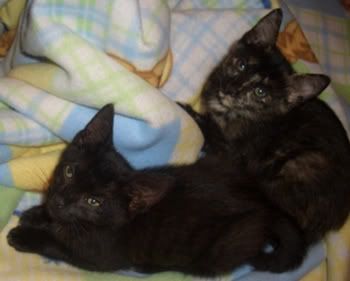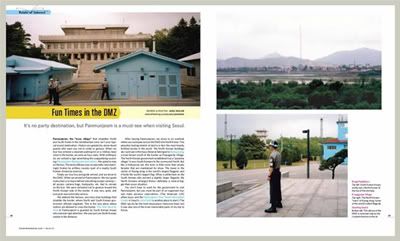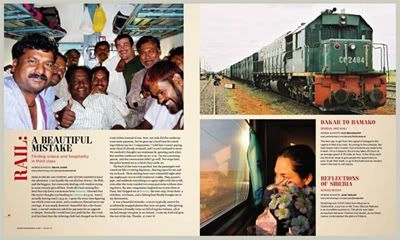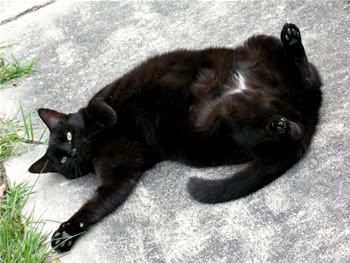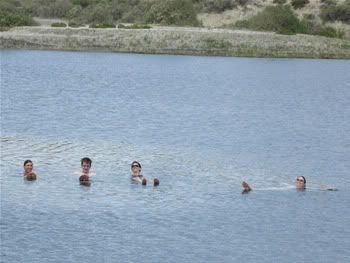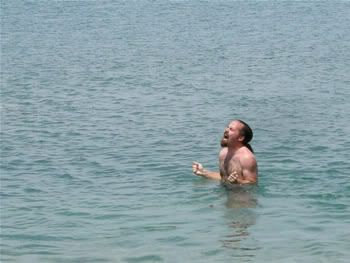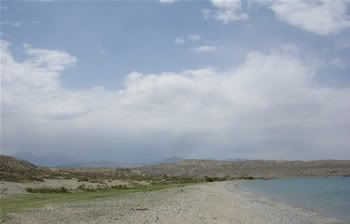Silk Road to Ruin by Ted Rall was recommended to me (I think...) by Amanda, and was recently shipped to me by my mother. Rall covers much of the same ground covered by Colin Thubron (whose books I reviewed here), but his style of writing couldn’t be more different. While I hate the phrases highbrow and lowbrow, I’ve got to admit they’re the best choices for comparing the authors’ different takes on presenting Central Asia. Thubron is definitely highbrow, while Rall totally writes for the masses. His writing is highly entertaining, and Ruin contains several formats: prose, photography and graphic novel. It certainly provides an accurate sense of life in Central Asia as seen by a tourist, and it’s most definitely not your typical tourism. I definitely recommend this book to anyone interested in what life is like over here. However, I feel I should take Rall’s editor to task. Not only were there two factual errors that I caught (the Russian Revolution was in 1917, not 1918, and it's called a balbal, not a bubble), but there were numerous typographical errors. Additionally, while I enjoyed most of Rall’s adventures and misadventures in Central Asia, his tale of bribing airport officials to kick passengers (who had already bought tickets) off the last airplane out of Osh to make room for his tour group to escape the military clashes with Uzbekistan which were happening in 2000 didn’t sit well with me at all. Nonetheless, I still class this book as a recommended read.
I often go to Fatboy’s in central Bishkek for the purpose of snagging books from their “library” – most of the books there aren’t exactly literary, but as I’m a big fan of escapist mysteries, I can usually stock up. The other week, however, I found a particularly good find: Sputnik Caledonia by Andrew Crumey. This is a totally bizarre work of modern fiction, a la Pynchon, written in a non-linear style from several different points of view, with a bit of a dystopian alternate reality thrown in. It’s set in Scotland, although it features cosmonauts and black holes, nuclear waste and secret government installations, and it was thoroughly engrossing and weird as hell. Definitely give it a read.
It’s really hard to find decent books on religion. When I was in Korea, I really wanted to learn more about Buddhism. I purchased a book called Buddhism for Beginners (which I reviewed here), which really should have been called “Buddhism for those who have been practicing for a short while already and know a good bit about the religion but want more info.” Sigh. I decided to try to learn more about Islam, so I purchased Islam: Religion, History and Civilization by Seyyed Hossein Nasr, as it received numerous excellent ratings and reviews on Amazon.com, but I just couldn’t get past the first chapter. Not only is the text filled with unexplained religious terminology, but it’s written in a thoroughly obtuse style. I mean, it’s full of sentences like, “Unity cannot manifest itself without entering into the world of multiplicity, yet this manifestation is the means whereby humanity is led from multiplicity to Unity.” Huh? Anybody have any recommendations for readable books on Islam?
I often go to Fatboy’s in central Bishkek for the purpose of snagging books from their “library” – most of the books there aren’t exactly literary, but as I’m a big fan of escapist mysteries, I can usually stock up. The other week, however, I found a particularly good find: Sputnik Caledonia by Andrew Crumey. This is a totally bizarre work of modern fiction, a la Pynchon, written in a non-linear style from several different points of view, with a bit of a dystopian alternate reality thrown in. It’s set in Scotland, although it features cosmonauts and black holes, nuclear waste and secret government installations, and it was thoroughly engrossing and weird as hell. Definitely give it a read.
It’s really hard to find decent books on religion. When I was in Korea, I really wanted to learn more about Buddhism. I purchased a book called Buddhism for Beginners (which I reviewed here), which really should have been called “Buddhism for those who have been practicing for a short while already and know a good bit about the religion but want more info.” Sigh. I decided to try to learn more about Islam, so I purchased Islam: Religion, History and Civilization by Seyyed Hossein Nasr, as it received numerous excellent ratings and reviews on Amazon.com, but I just couldn’t get past the first chapter. Not only is the text filled with unexplained religious terminology, but it’s written in a thoroughly obtuse style. I mean, it’s full of sentences like, “Unity cannot manifest itself without entering into the world of multiplicity, yet this manifestation is the means whereby humanity is led from multiplicity to Unity.” Huh? Anybody have any recommendations for readable books on Islam?




